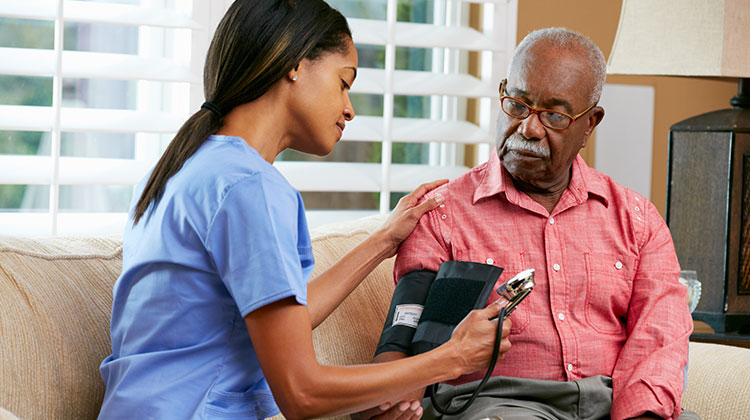The American Heart Association (AHA) and the American College of Cardiology (ACC) recently lead a group of health professional organizations to issue new guidelines for diagnosing high blood pressure. The new guidelines were unveiled on November 13, 2017 at the AHA’s Scientific Sessions 2017, in Anaheim, California.
These medical experts have changed the commonly accepted threshold of 140/90 mmHg to 130/ 80 mmHg. This change in threshold now means that approximately 14% more of American adults will be diagnosed with hypertension. Before this change, a patient visiting his/ her healthcare provider at any primary medical care center or urgent care clinic in Miami, Fort Lauderdale or anywhere in South Florida would not be treated for high blood pressure If measured at 130/80 mmHg.
The new guidelines also recommend that more patients should be counseled on lifestyle changes, such as, improved diet, increased exercise, lower consumption of alcohol, less sodium, and less stress. According to the new guidelines, only 2% of newly diagnosed people with hypertension would require medication.
According to Robert M. Carey, co-chair of the group that presented these new guidelines, “We’re recognizing that blood pressure that we in the past thought were normal or so-called ‘pre-hypertensive’, actually placed that patient at significant risk for heart disease, death, and disability. The risk hasn’t changed. What’s changed is our recognition of the risk.”
The researchers hope that by making earlier diagnoses with lowered numbers, more lives will be saved without the reliance on prescription drugs. Normal blood pressure is still measured at 120/80. However, new categories were revealed, such as, “Elevated” ( 120-129/80), “Stage 1 Hypertension” (130-139/80-89), “Stage 2 Hypertension” (140+/90+), and “Hypertensive Crisis” (180+/120+).
A diagnosis of high blood pressure must always be made and confirmed by a medical professional and should never be self-diagnosed. medical professionals at any primary medical care center or urgent care clinic, can screen, diagnose, and treat patients with hypertension
